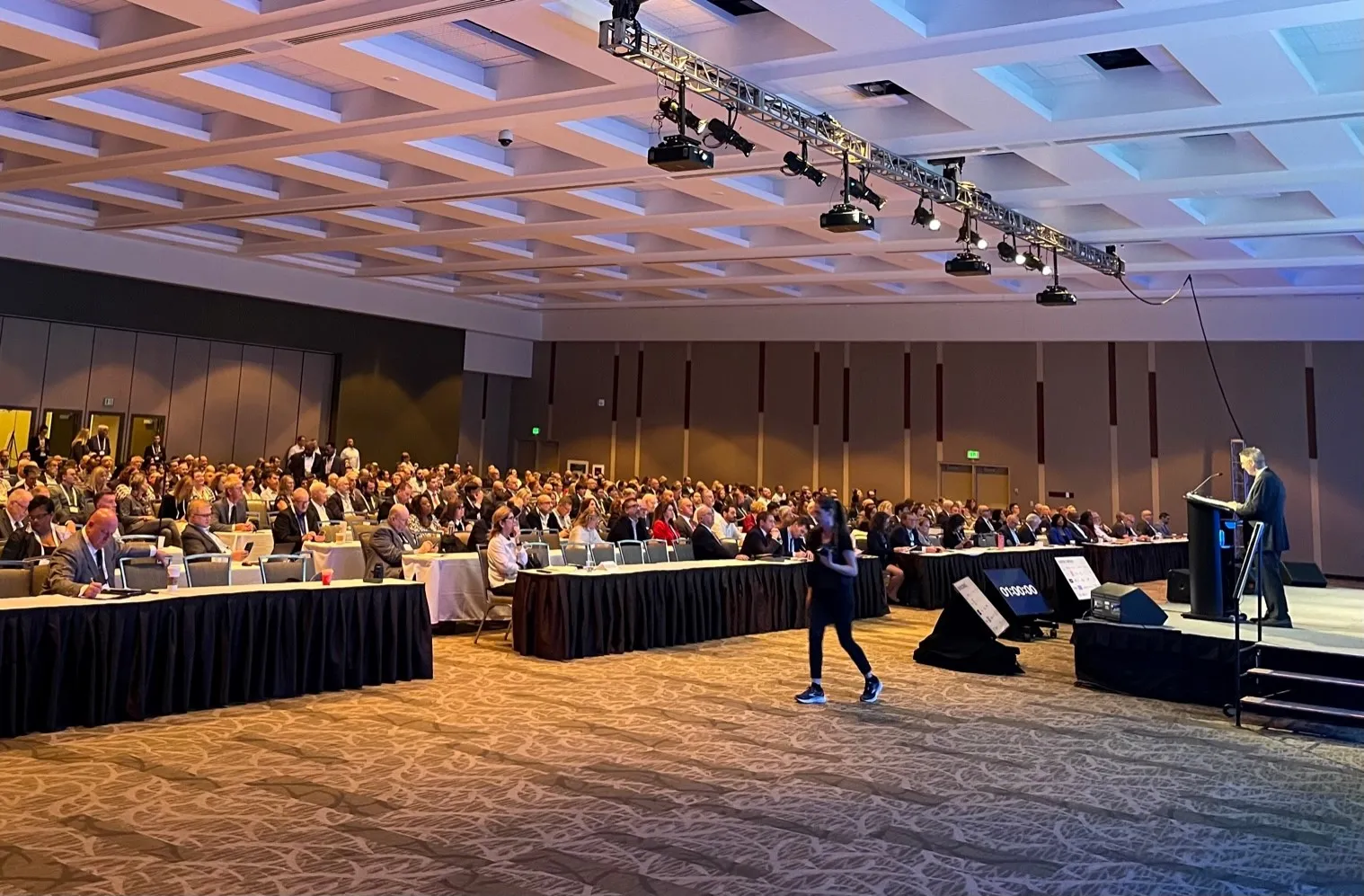The document will cover the content of privacy notices on how the data will be used and how long information can be held; required audit trails and what happens to the data afterwards and; the right to be forgotten. It will also feature potential changes in the mandate and the associated terms and processes as well as required training issues.
Terry Hiles ADLV director and commercial director of Licence Check Ltd., said: “GDPR is going to present a challenge to a worryingly large number of businesses which have hitherto assumed that sitting beside the driver to look at their licence details using the DVLA’s service for individuals is sufficient evidence of consent. As an association, speaking to businesses of all sizes in the UK, we find that our members encounter this on a daily basis. The reality is though that this service is for the individual driver’s use only.”
Donna Jones, senior commercial data sharing manager at DVLA said, “We welcome the advice that is to be given to ADLV members. The DVLA has been undertaking a detailed review of all its contracts in relation to GDPR, including the ADD contract which we expect to rollout in March 2018, in readiness for the new legislation being implemented from 25 May 2018.”
ADLV and DVLA to implement GDPR changes for ADD service
The Association For Driving License Verification (ADLV) is working with the Driver and Vehicle Licensing Agency (DVLA) in the UK on implementing the General Data Protection Regulation (GDPR) for the Access To Drivers Data (ADD) service. It will hold discussions with fleet managers with the intention of helping to define the industry standard as well as provide members with an advisory document available early next year and online support.
February 7, 2018
Read time: 2 mins
The Association For Driving License Verification (ADLV) is working with the Driver and Vehicle Licensing Agency (DVLA) in the UK on implementing the General Data Protection Regulation (GDPR) for the Access To Drivers Data (ADD) service. It will hold discussions with fleet managers with the intention of helping to define the industry standard as well as provide members with an advisory document available early next year and online support.










